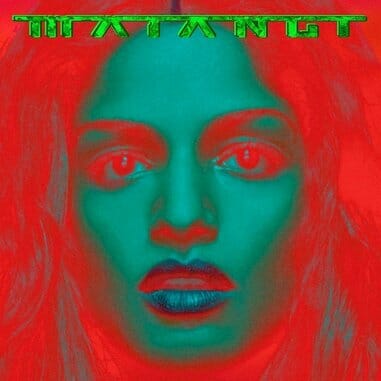M.I.A.: Matangi

Maya Arulpragasam’s music has finely enmeshed the personal and the political, using her multi-varied upbringing—daughter of an activist with possible ties to the Sri Lankan militant group Tamil Tigers who moves to the UK and becomes involved in London’s Britpop and hip-hop scenes—to bracing effect. She urged the world to pay attention to the plight of African and Asian citizens, and the diaspora, just as she urged you to lean into her club-ready bangers.
On her fourth album, M.I.A.’s focus has shifted. As the cover art suggests, this LP is a tight close-up on her world: her artistic abilities and credibility, her sexual bravado and simply her skills on the mic. It’s a telling move too that she calls this Matangi, her birth name, and the name of Hindu goddess of music. And on this album, the line between those two definitions is completely blurred.
-

-

-

-

-

-

-

-

-

-

-

-

-

-

-

-

-

-

-

-

-

-

-

-

-

-

-

-

-

-

-

-

-

-

-

-

-

-

-

-








































